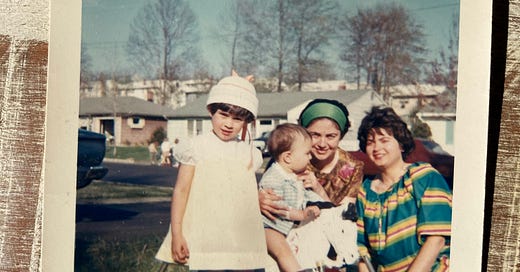“The way of Jesus is radically different. It is the way not of upward mobility but of downward mobility. It is going to the bottom, staying behind the sets, and choosing the last place!”
-Henri Nouwen
“Carlos and Carmen Vidal just had a child/A lovely girl with a crooked smile/Now they gotta split 'cause the Bronx ain't fit/For a kid to grow up in/Let's find a place they say, somewhere far away/ With no blacks, no Jews and no gays.
Papi and the family left the dirty streets/To find a quiet place overseas/And year after year the kid has to hear/The do's, the don'ts and the dears/and when she's ten years old she digs that Rock 'n' Roll/But Papi bans it from the home
There but for the grace of God go I…”
-Machine, 1979
Imagine two families: both of which are headed by hard-working immigrant parents, who raise their kids in a urban working-class ethnic barrio…yet who came to this country to chase after two very different versions of the American Dream.
Family A spends their hard-earned money on bringing more children into the world, and raising them to value faith, family, their cultural heritage, and community. Their commitments are economically and emotionally demanding, and disallow them from uprooting from the neighborhood and spending their money on a more comfortable, quieter life in the near suburbs. Life in the city is not always easy or comfortable, but it allows them to invest more in said values–which for them are a source of hope and meaning.
Family B, cautious with their finances, has fewer children, and invests in their education. They eventually go off to college, and make enough money to move as a family to the suburbs and get away from the noise and chaos of city life. Sure, it’s a more lonely and, at times, boring life, as their new locale makes it difficult to maintain their ties to their community and cultural heritage. But the safety and predictability of the suburbs is a respite from their previously arduous and hectic lifestyle.
I have no authority to judge either family. But I can speak on my own family’s experience of having to face between similar choices. Here’s our story…from the other end of the trajectory of option B:




